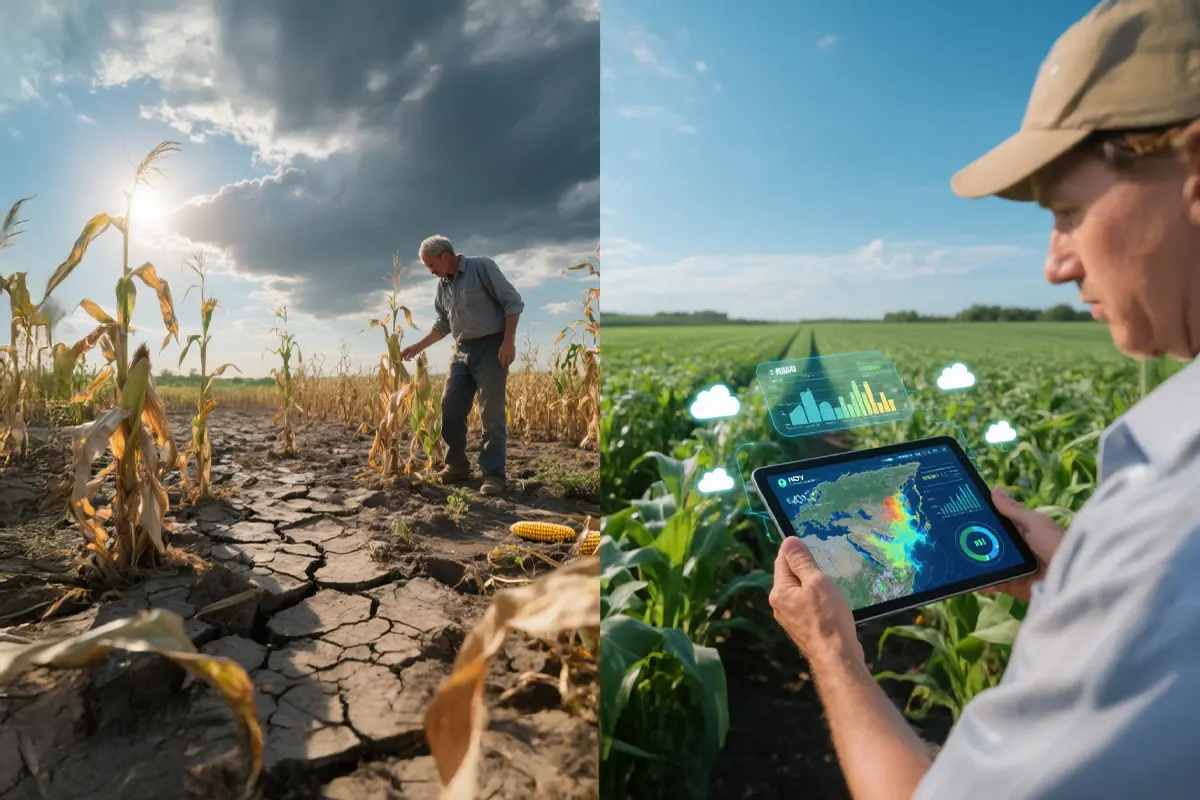Synopsis:
In this listicle, we discuss the top challenges faced by the seed industry across product development, R&D, innovation, seed production, and seed distribution. As we explore the challenges, we also uncover innovative solutions to address them.
Importance of seed and seed market

Impact of climate change on seed production

Reducing yield and need to expand production

Standardization of operations across regions

Improve accuracy of yield estimates

Absence of real- time insights or delays in visibility of field operations
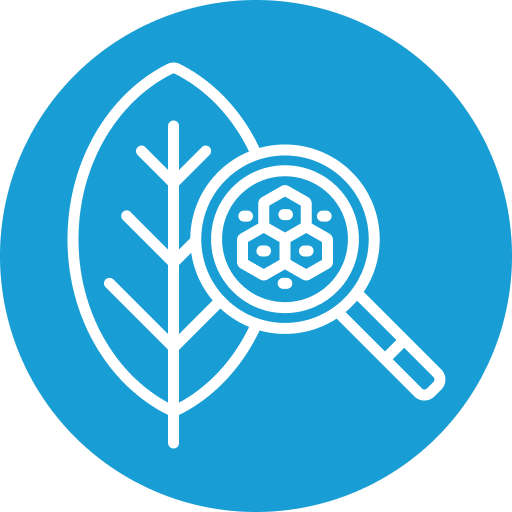
Crop diseases

Optimization of production planning and distribution

Adoption of best practices, farmer education & engagement
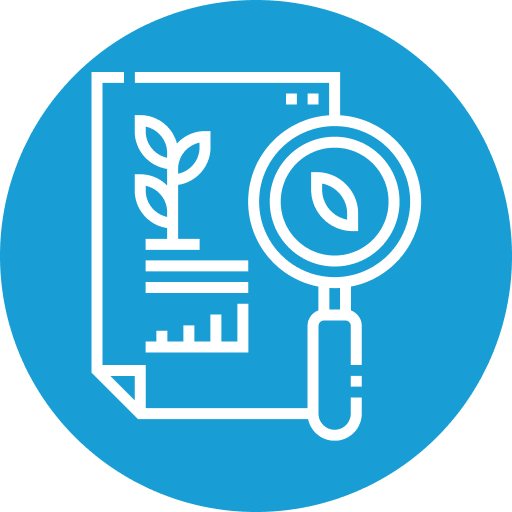
Seed compliance
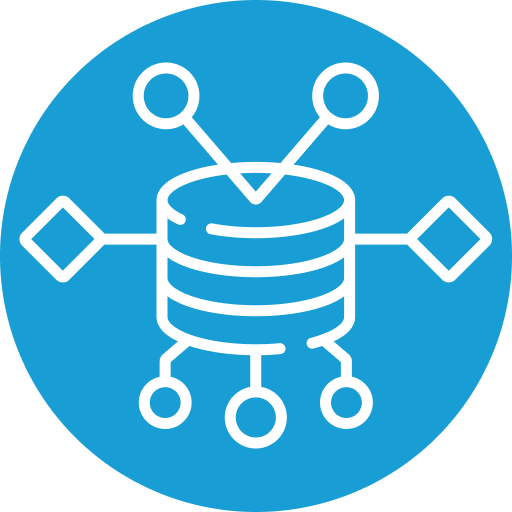
Data integration from diverse sources
Challenges faced by the seed industry and solutions
1. Impact of climate change on seed production
Cropin’s solution for early visibility:
2. Reducing yield and need to expand production
Cropin sage for geographic expansion:
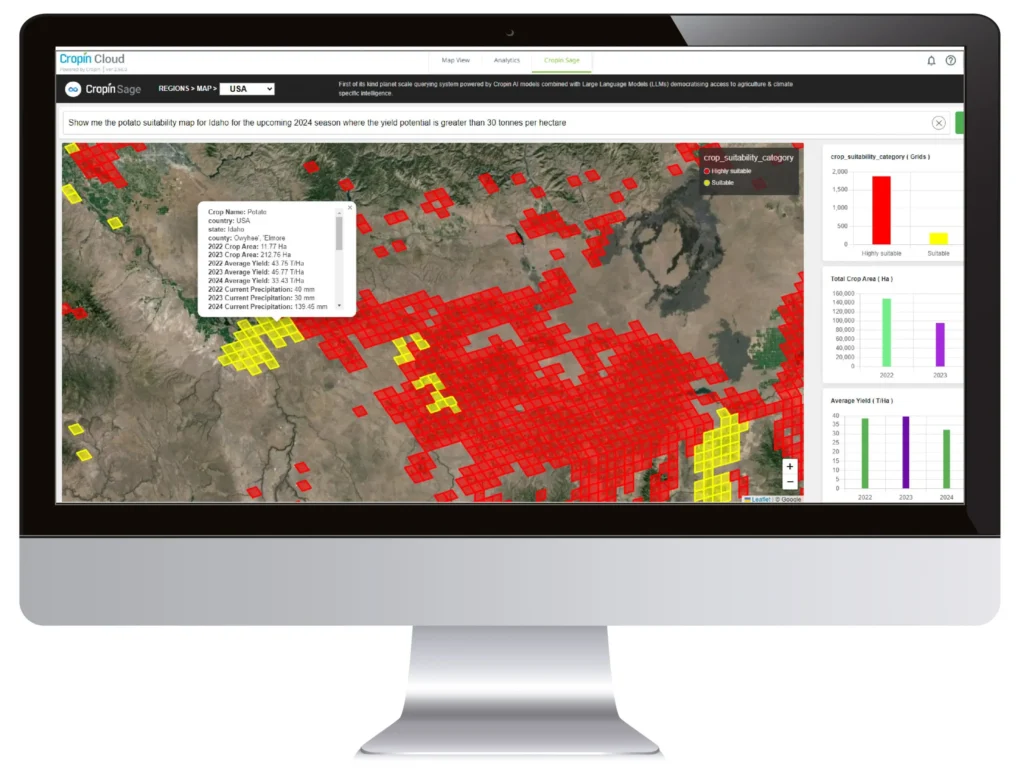
3. Standardization of operations across regions
Cropin Cloud offers single platform view:
4. Improve accuracy of yield estimates
Good seed production planning hinges on accurate yield estimates. However, sampling done by random selection results in unreliable estimations as it does not account for farm heterogeneity. With the inherent unpredictability in agriculture heightened by climate change, you need trustworthy data backed by science that goes beyond existing human error-prone practices.
5. Absence of real-time insights or delays in visibility of field operations
6. Crop diseases
7. Optimization of production planning and distribution
8. Adoption of best practices, farmer education & engagement
Cropin connect for farmer engagement:
9. Seed compliance
Cropin’s solution:
10. Data integration from diverse sources
The power of Cropin data hub:

